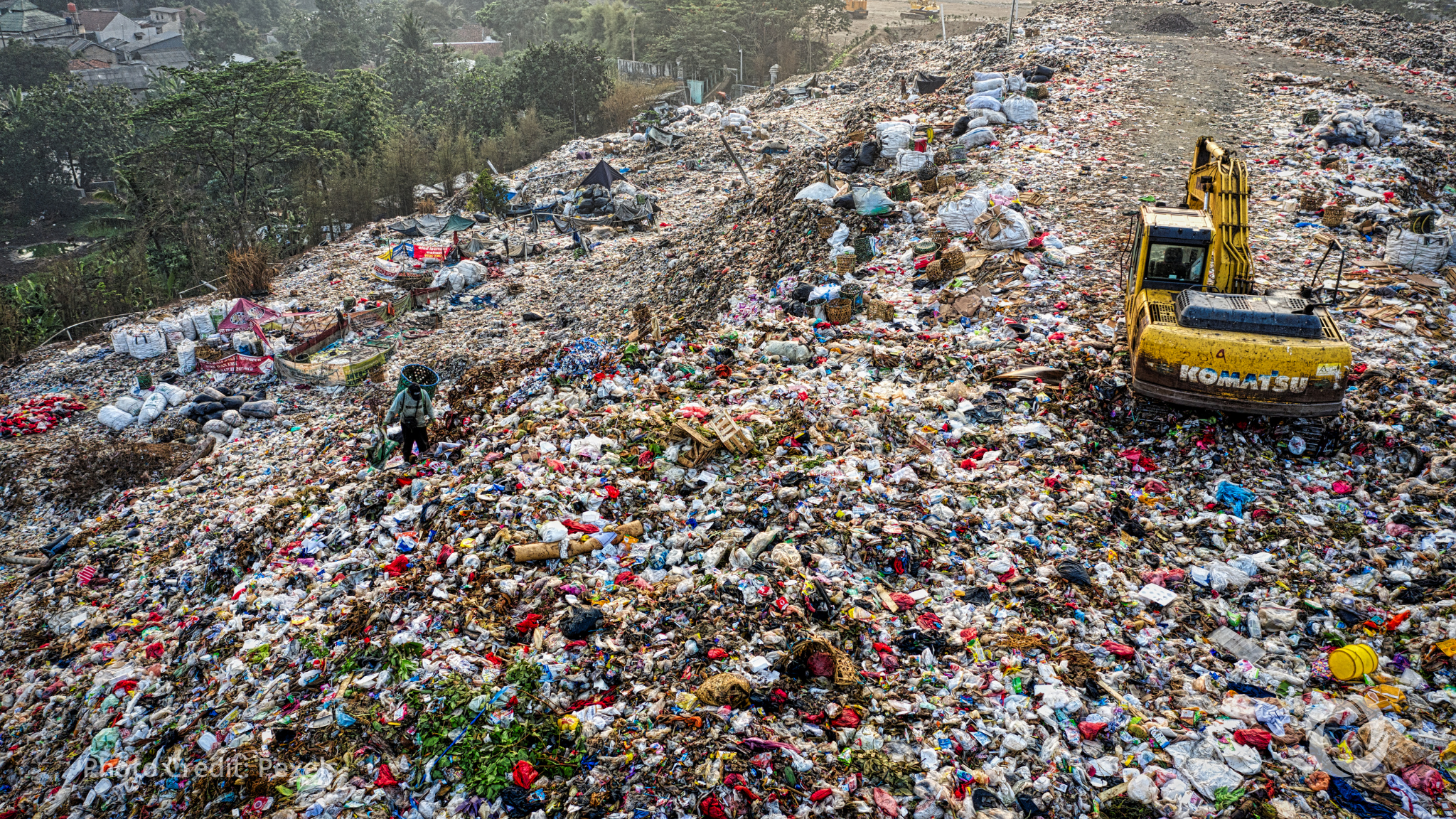The Inter-American Development Bank (IDB) has approved a $100 million loan to help Uruguay improve water and solid waste management, with a focus on resilience and the circular economy, the IDB announced. The policy-based loan will boost the resilience of the country’s water supply system, benefiting all 3.5 million inhabitants, particularly the two million people living in the Montevideo metropolitan area.
This is the second loan in a programmatic series of two consecutive operations that are technically linked but financed independently. Beyond helping the population, the program will benefit the private sector—especially agricultural and industrial enterprises—by improving water quality, providing tools to increase the circularity of solid waste, and encouraging investment.
The IDB-backed program will support advances in water loss management, new early warning systems for flooding in several cities, and a new regulatory framework for water pollution. Departmental governments will implement plans to improve solid waste management.
For solid waste, the main measures focus on food waste, electrical and electronic equipment, construction debris, and end-of-life batteries. The program will help reduce food waste by implementing the National Strategy for Reducing Food Loss and Waste. Uruguay will start developing regulations for managing electrical and electronic equipment waste and create guidelines for capturing, recovering, and reusing construction and demolition waste to keep it out of landfills. The program will also implement a traceability plan to collect batteries—including from electric vehicles—and reuse and recycle their materials instead of sending them to landfills.
The $100 million loan has a 19.5-year repayment term, a 6-year grace period, and an interest rate based on the Secured Overnight Financing Rate.

